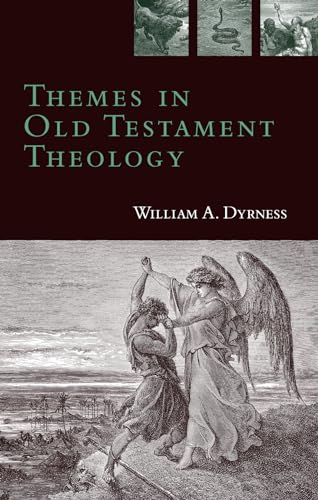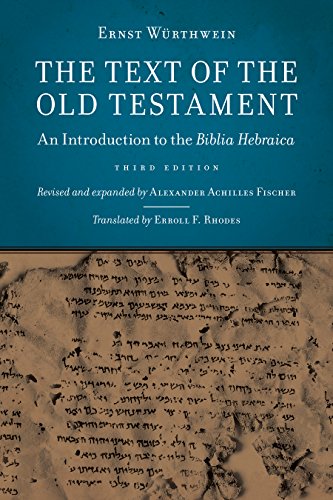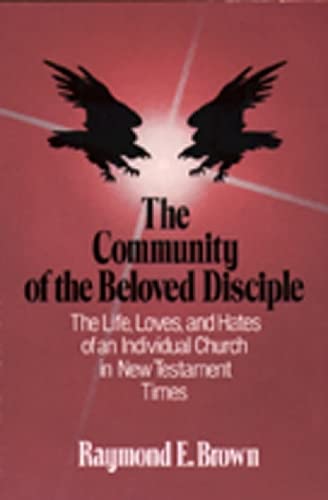Volume 6 - Issue 3
Editorial
By Robert NorrisIn this issue of the journal the subject matter included reflects the vast and constantly changing parameters of theological investigation. It remains true for all who would claim to be authentically Christian in their theology that the ‘formal’ principle of investigation must be God Himself, yet He remains unknown and unknowable without a ‘self revelation’. Whilst we may see signs of His activity and perhaps something of the aspects of His divine nature and character from the creation; the fact remains because of our sinful nature, and the effect of sin upon our knowledge, we are both blind and defective. We lack the key to understand the creation for we remain outside of the faith position which unlocks our perspectives. The self revelation of God thus becomes an imperative if we are to say anything at all about Him. He has revealed Himself primarily and perfectly through His Son, and through the Scriptures which both point to His coming, and perfectly interpret and bear witness to the continued grace of God which culminates in Christ. So whilst the ‘formal’ principle of Theology is God Himself the ‘material’ principle of Theology is and must be Scripture. Any attempt to provide a Christian Theology without an exacting exegetical basis will inevitably be defective in some, and perhaps all parts. The interrelatedness of truth means that we cannot afford the luxury of ‘sloppy’ or ‘inadequate’ bases for our thought. In this edition we include two articles which tackle the very central issues of our faith dealing with the related issues of faith and works in terms of justification.
Ronald Fung provides us with an examination of the Pauline use of the term justification and looks at the various ways in which it is used and the status it has within the whole corpus of Pauline thought. It provides us with a thorough and detailed overview of Pauline thinking and provokes much thought as to our understanding and use of the doctrine. At the same time we have an article by W. A. Dyrness of Manila examining the whole concept of mercy and justice within the framework of traditional debates, but bringing sound exegetical insights and detailed theological structure to the tension and conflict existing between faith and works. Both these articles indicate the positive and biblical approach to theological method that is integral to an evangelical theology. At the same time they are soundly reflective in their evaluations of traditional positions as well as positively critical of badly argued positions. Their aim is always to remain true to the teaching of the received scripture and yet to relate this to the current thinking within theology.
Another of the tasks of theological thought is to provide a practical aid in dealing with particular questions. The other two articles in this issue deal with that particular function. The first is from Anthony Stone in India and he examines the recent growth of interest and thought about the supernatural that is unrelated either to morality or to God. It raises questions about specific areas of occult such as astrology; a subject that has captured much of the popular imagination and controls many assumptions and positions within much of our modern world.
Our fourth article deals with the examination of the Christian Ministry within a theological context. So many of our assumptions about the ministry do not stand up to a rigorous theological examination, and here is an article in which Craig M. Watts forces us to think through first principles, and in so doing takes us back to another of the basic tasks of theology which is to cause the church to re-examine what it believes and what it says and to make all that relate to the modern world in which we live.
We may justly argue that in this issue of the journal we incorporate insights from all the areas of investigation and to have made a contribution to all of them.
Robert Norris
Robert Norris holds a BA degree from Kings College in London and dual doctorates in history and dogmatics from the University of St. Andrews in Scotland. He serves as pastor of Fourth Presbyterian Church in Bethesda, Maryland and has taught at Washington DC’s Reformed Theological Seminary, and in seminaries in Ukraine, Malta, Japan, and Sudan. He and his wife, Caren, have five children.






